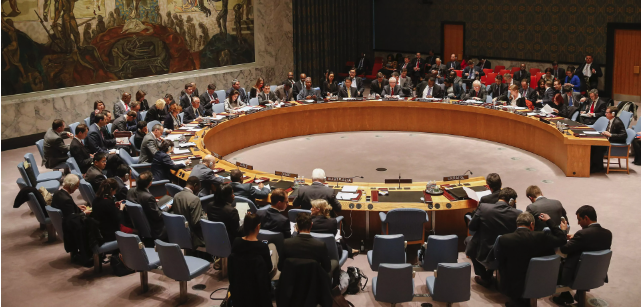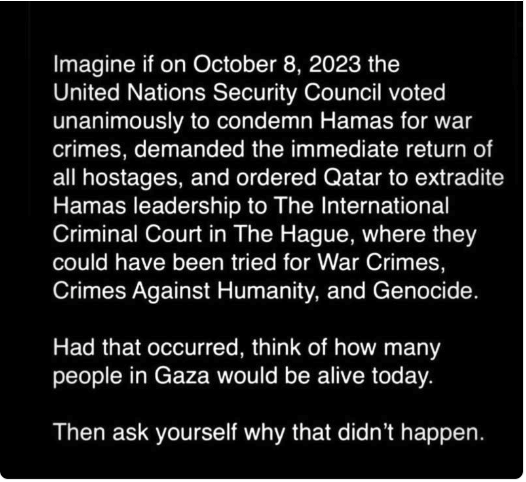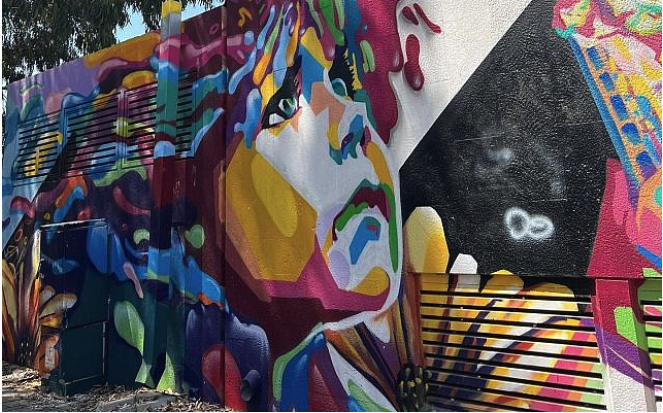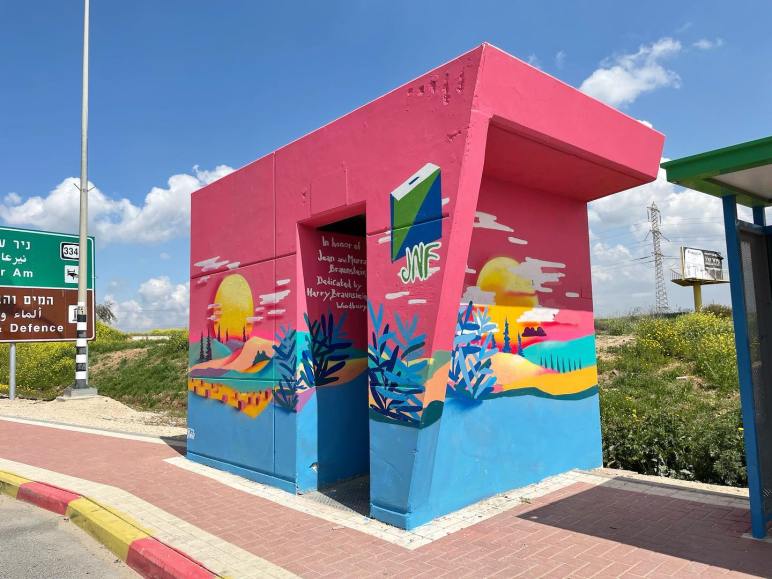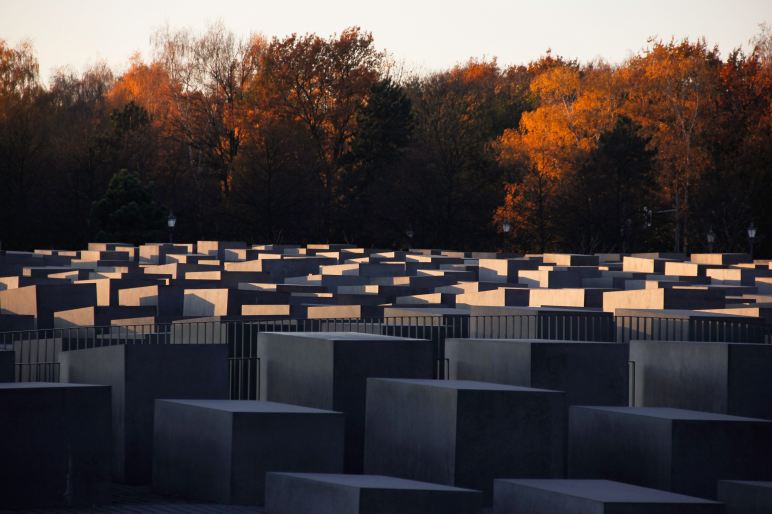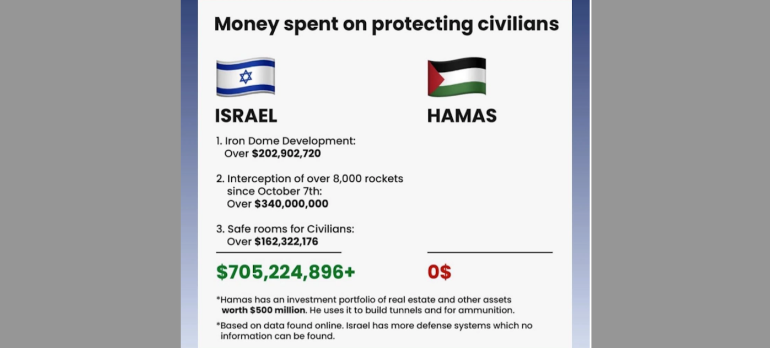This is a day to be thankful.
Thankful that I am alive.
Thankful that the largest-ever attack on Israel was thwarted.
I’m thankful to all who fought to protect Israel. That includes our soldiers, their parents, and their families. All those people who risk their lives, sacrifice their youth, leave their loved ones behind in fear and worry. And those who stand firm in their support.
It includes the soldier and their families of the countries that stood by our side.
I’m thankful that their leaders courageously chose to side with those who seek life, not death and destruction. I’m grateful for their wisdom.
We have our differences. They may not always like what we do (and vice versa), we may argue and pull in different directions. But when worse came to worse, they were there for us with action.
That’s admirable.
I’m thankful for those who see the truth and act upon it and relieved there are enough people in the world who are not blinded and confused by hate speech disguised as a progressive ideology.
I’m grateful today to all the remarkable people who invest their energies in inventing brilliant technologies to save and protect human lives.
I’m thankful to those who finance these efforts, those who recognize the importance of such technologies, and those who build and operate them.
Twenty years ago, we would’ve found ourselves in a completely different situation after an attack of this magnitude. But thanks to the technological advancement of defense systems, we remained unharmed.
Some say it was a miracle. But I think it’s the result of hard work and conviction.
It’s a mixture of high human values, the desire to do the right thing, and the willingness to put one’s comfort aside for the good of others. It’s rooted in an understanding of good and evil, respect for human life and freedom, and accompanied by the will to take responsibility.
And it’s the recognition that we need each other. We need to work with each other, not against each other. Humanity depends on productivity, not destructivity.
I’m thankful to live in a society where human lives matter, and finding solutions is a top goal. Thankful that I live in a place where protecting the population is more important than controlling people’s lives under the pretense of acting out the will of some greater power.
I’m thankful, that I don’t live in a place where leaders are ready to sacrifice their people just so they can drag another country into war. Thankful to live in a country that deals with its own issues (even if not always in a good way) rather than blaming its misery on some other people.
I’m grateful that I can speak my mind freely, express my feelings, dress however I want, and hang out with whoever I want. I can go wherever I fancy, eat whatever I like, read, and watch whatever interests me.
And I’m thankful today that those who do not grant these basic freedoms to their own people and try to take them away from us have been fought off.
I’m thankful that I have a family, a home, a job, and everything that comes with that. I’m grateful for being healthy and complete and for having access to medical care, running water, and electricity; that I can see the sun, moon, and stars; and that I have a tomorrow.
Some of my fellow Israelis don’t have that anymore.
It’s a day for me to be thankful.
A day for everyone to remember that nothing in life is a given. Everything can be taken away in a blink of time.
A day to remember not to take anything for granted, everything comes at a price, and protecting all that we have accomplished is no easy task.

